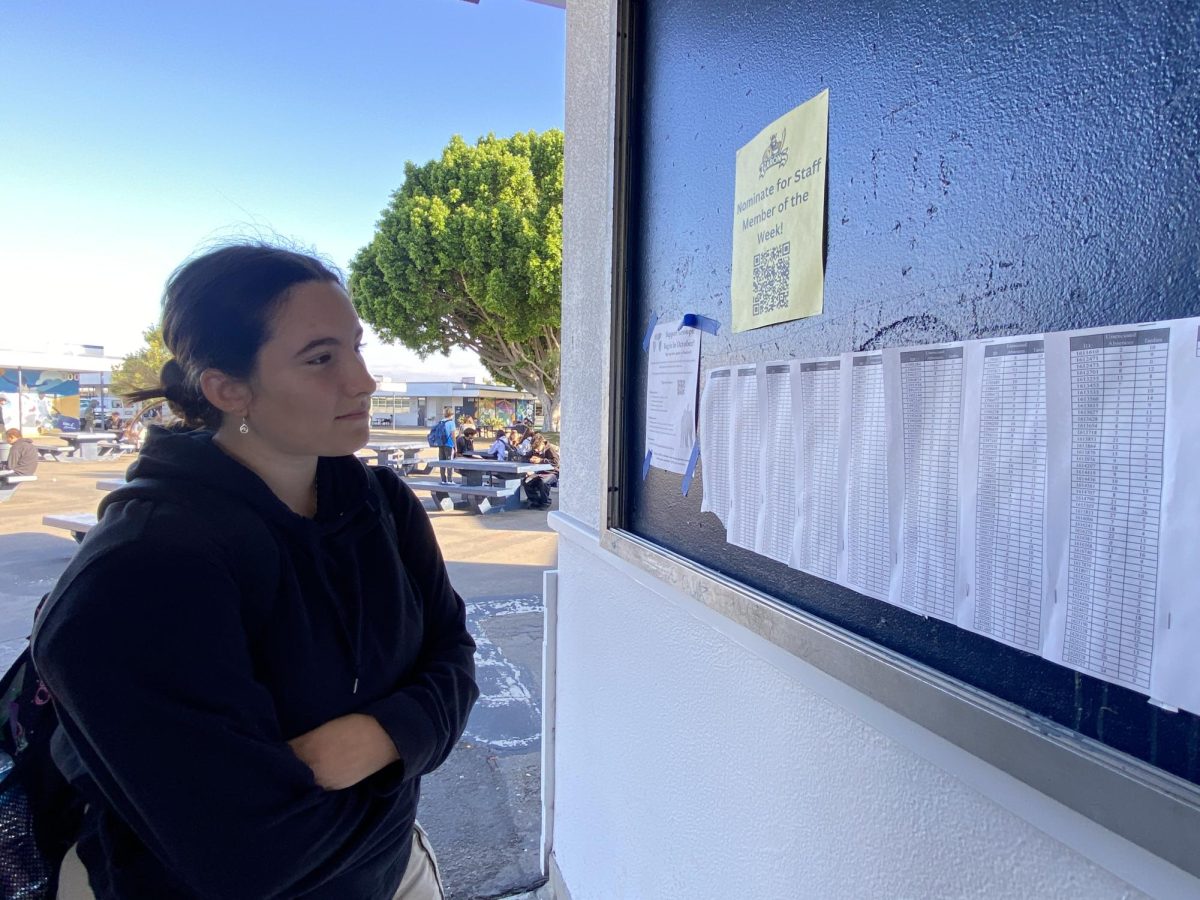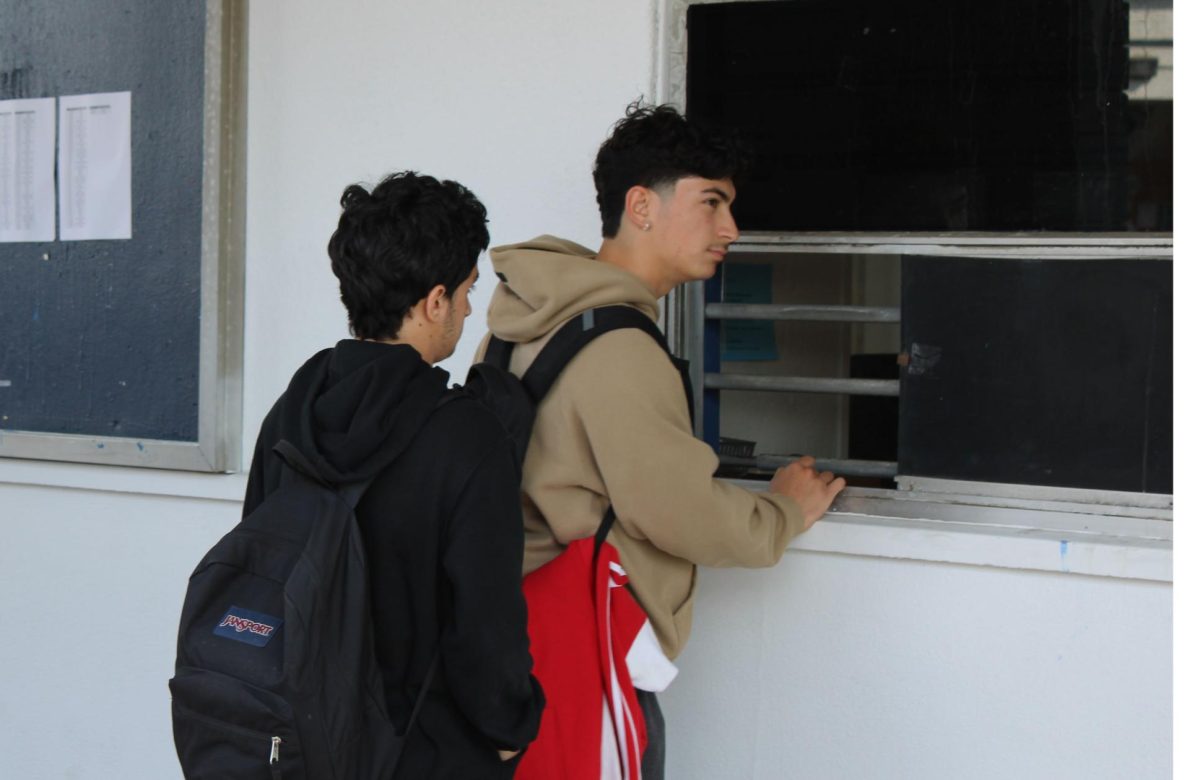On Sept. 12, a Jupiter message was sent out to Bonita Vista High (BVH) students and parents stating they have noticed an abnormal amount of absences both excused and unexcused. This raises a concern at BVH due to the fact school has been in session for less than three months, yet there are students with over twenty absences.
“I do not think students find an urgency to clear their absences until their privileges are being withheld. So, when students found out they are on the choices lists, parents call in [to] excuse their absences. Students [became] more mindful about their attendance when their privileges were on the line,” Attendance Coordinator and math teacher Christina Ada said.
The email intended to help clarify for parents why they might not be able to excuse their student’s absences. The email was sent to reiterate an existing policy which states that if a student has more than seven days of absences, there are specific instructions on how to clear it.
“Students can [still] excuse their absences, but if you are absent more than seven times in a semester, those require a doctor’s note,” Ada said. “We currently have students that have already missed fourteen days of school and we have only been in school for two months which are the concerns in regards to board policy.”
A common misconception with this existing policy is what is determined as an absence. An absence is a missed full day of school, not just periods or hours. The attendance policy is the expectations set up by the state to ensure students attend school everyday.
“Students should view school as their first job. Coming daily and being on time are the two main requirements of any job. In case [parents] do not know, there is an Education code that requires students under the age of eighteen to attend school daily,” Attendance Coordinator Nicoleta Bogart said.
Many students such as seniors Sasha Ibarra-Torres and Sophia Elliott have faced the consequences that come with having an extensive amount of absences. Ibarra-Torre has collected nearly twenty absences, all of which are unexcused. Her parents were notified that if Ibarra-Torre had collected three more absences or tardies, legal action would have to be taken.
“[The policy] definitely encouraged me to resolve [my absences] because I do not want legal actions taken against my parents. I thought it was unfair because it is not so much that I am absent, it is just because my teacher does not want to update the attendance list and mark me as tardy,” Ibarra-Torre said.
Elliot on the other hand has over 33 absences which over half of them have been excused. The problem she faces is the actual process of having her mom sit down and email the school to excuse them. Another obstacle both students run into that creates their tardiness is the traffic in the BVH parking lot before class starts.
“The parking lot right before the first and second period at 8:30 is horrible. It is a long walk all the way from the parking lot to my classes in the 900s [classrooms]. Honestly I believe the school could do better by reaching out before taking serious action. I feel like there are so many different circumstances that they do not consider,” Elliott said.
One of the reasons the school wants to enforce this policy is for the own good of the students. Missing or purposely skipping class just leads to larger loads of work students need to catch up on. However Ibarra-Torre, does not feel that her absences have an effect on her academics.
“My grades are good [since] I keep up with my work, so I do not think it is so much of a concern [in regards] to my absences. If it did start affecting my school work in terms of ‘I cannot handle the amount of missing work I have and I am not understanding what we are learning about in the class’, it would definitely start affecting me more and remind me ‘I need to be more present,”’ Ibarra-Torre said.
However this is not the case for most students. A couple of tardies can then lead to many absences leaving students confused from missed lessons. Although students can get these tardies or absences excused, the consequences also need to be recognized.
“It is beneficial in the sense that students cannot learn if they are not in the classroom. By emphasizing attendance in classes, students have a better chance of being successful if they are in class. They do not get further behind in their subjects, and therefore it decreases the chance of failure,” Ada said.








